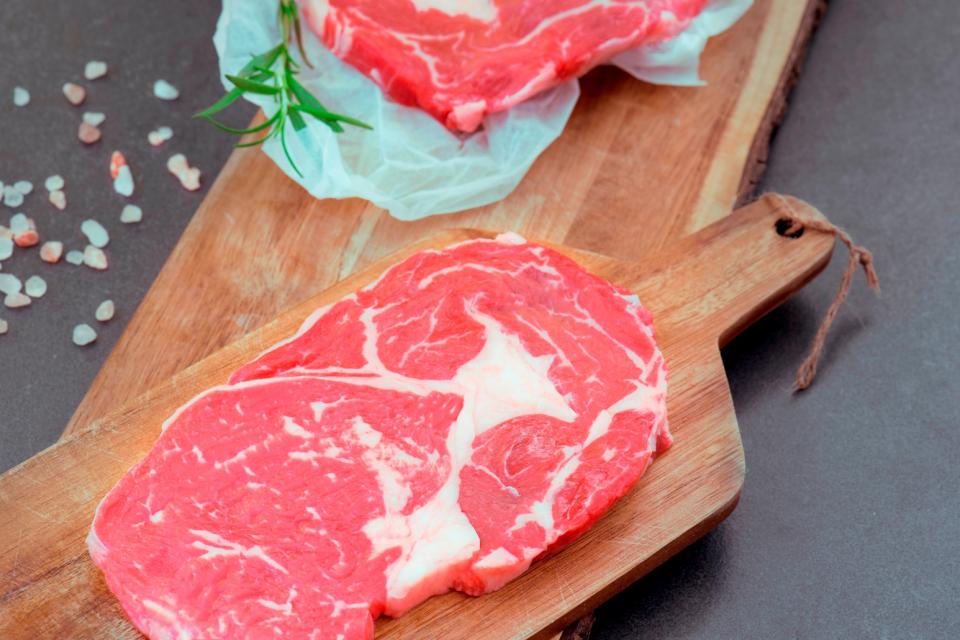NZ to receive more European pork imports
Friday, 22 January 2016
An updated agreement between New Zealand and the European Union (EU) is set to offer new opportunities for New Zealand businesses in the meat sector.
In November 2015, the EU and New Zealand updated their 1996 bilateral agreement concerning sanitary measures, creating possibilities for further intensification of trade in animal products while reducing the costs to exporters.
One of the most important changes is the resumption of fresh pork imports into New Zealand from the EU. Under the new, simplified procedures, an electronic form of certification is to be introduced this year which will reduce the number of checks during the importation of products from Europe, and help reduce the cost of processing.
New provisions also allow the import of certain animal products to continue from areas in the EU that are unaffected by animal disease outbreaks as mutually agreed.
The amendments to the 20-year-old agreement offer new prospects for New Zealand importers after a ban lasting 11 years on imports of fresh European pork into the country.
Centuries-long traditions of pork and beef production in Europe, and the exacting requirements of European consumers, mean the EU has stringent standards and control mechanisms throughout their entire meat production chain.
This commitment to quality ensures transparency at every stage of production, and consequently guarantees the safety of European pork, beef, and their by-products, which are appreciated by consumers all over the world.
In fact, Europe is ranked second in the world in the global rankings of pork exporters, and the EU currently exports almost 3 million tons of this particular meat internationally each year.
In recent years, New Zealanders are increasingly enjoying European meat, with statistics from the European Commission clearly indicating a growing number of imports from the region.
According to the figures. in 2013 New Zealand bought 87,000 tons of allowable meat products from the EU, nearly twice as much as was imported in 2012. With fresh EU pork again allowed to be imported, it’s expected those figures may increase significantly in 2016.
New Zealand importers interested in European pork and its by-products may also have further opportunities for business in future, as the New Zealand government and the EU have announced a planned extension of their trade relations.
On 29 October, 2015, the two parties started negotiations towards a Free Trade Agreement (FTA) which would eliminate customs duties and non-tariff barriers to the trade between the EU and New Zealand and, consequently, significantly facilitate food imports, including pork, beef and their by-products.
The EU is currently New Zealand’s second-largest trading partner, with total trade between the two reaching EUR 7.9 billion in 2014.
In light of the recent changes, the European meat industry is now conducting activities aimed at increasing the exports of EU pork to New Zealand, and extending knowledge of the unique quality and flavour of European meat to key stakeholders.
One such activity, ‘The Taste of Quality and Tradition Directly from Europe’ campaign, began in July last year and is being conducted by a consortium of the Meat Industry Producers and Employers Union (UPEMI) and the Polish Association of Beef Cattle Producers (PZPBM).
The project is aimed at present and potential importers, members of sector organisations connected with food imports, representatives of the HoReCa industry, and journalists and opinion leaders connected with the meat sector in New Zealand.
Regular publications in the local media, a campaign website filled with interesting information (www.meatfromeurope.eu), presence at the Fine Food New Zealand Fairs in June 2016, and a congress or a study visit in Poland are just some of the activities planned during the campaign.
‘The Taste of Quality and Tradition Directly from Europe’ campaign will continue in New Zealand for the next two years. During that time, it’s expected the target group will have the opportunity to expand their knowledge of the traditions of meat production, and the characteristics of pork, beef and their by-products, coming into the country from the EU.
It is believed the campaign may help contribute to an increase of exports of European pork, beef and their products, particularly in light of the latest developments in economic relations between the EU and New Zealand.


